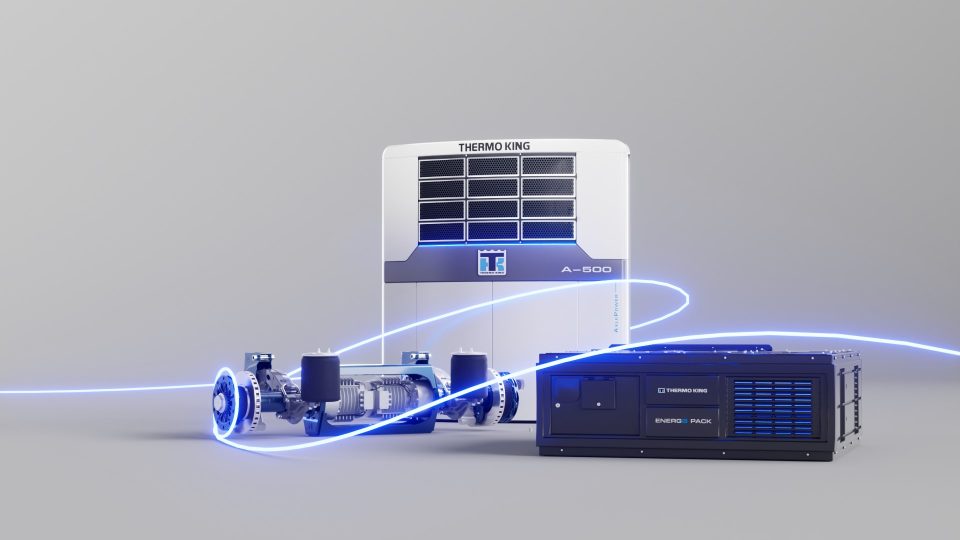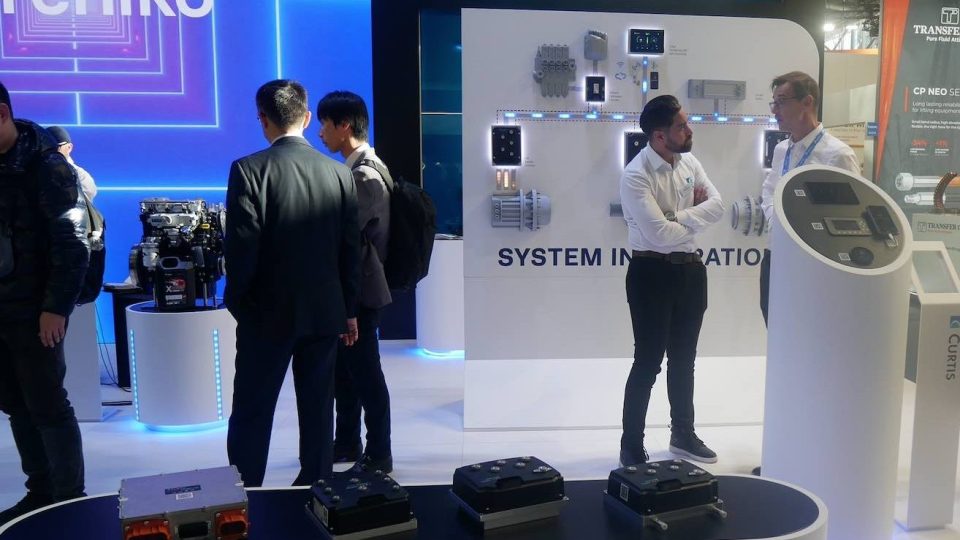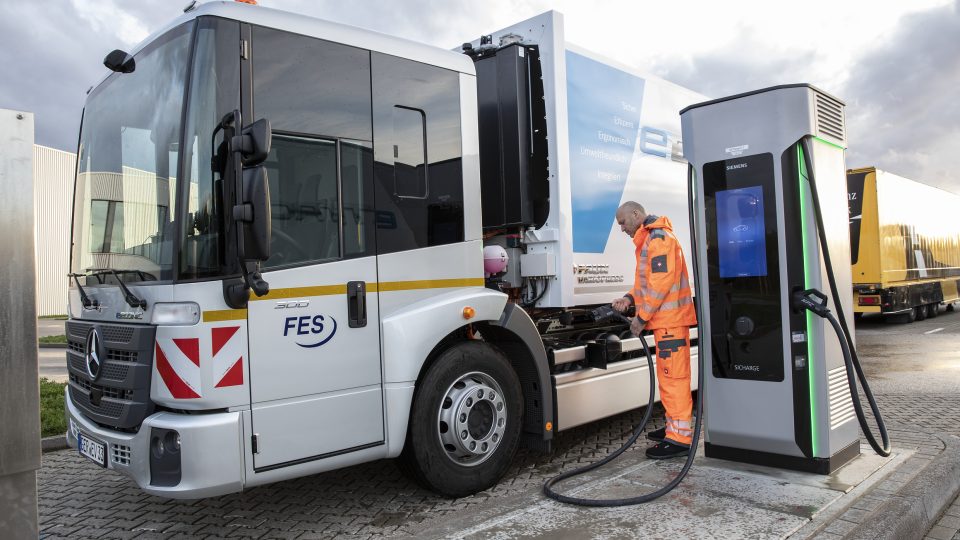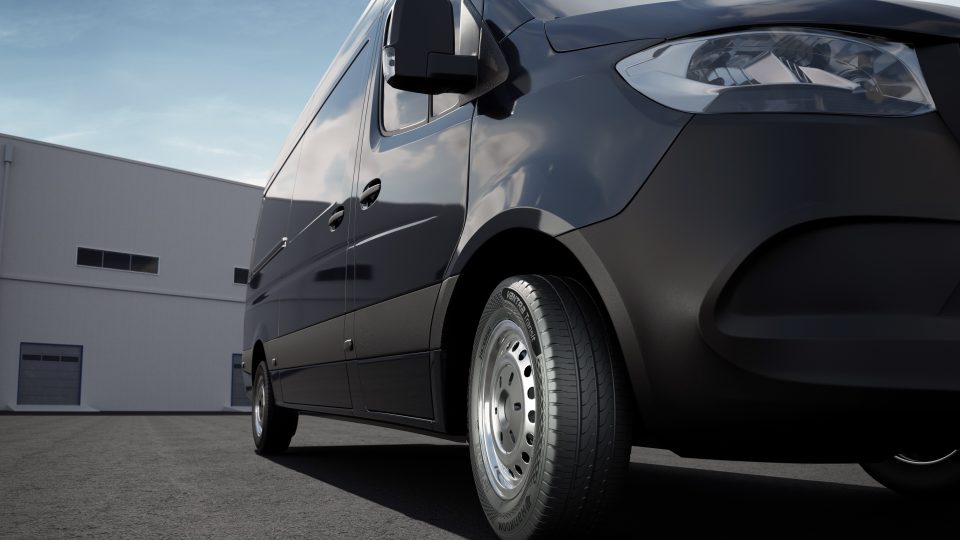Fuel cell components, Ballard to scale production of its graphite bipolar plates
Ballard expects the implementation of this project, including next generation plate manufacturing processes and the introduction of new lower cost material suppliers, to result in cost savings of up to 70%, following commissioning expected in late 2025.
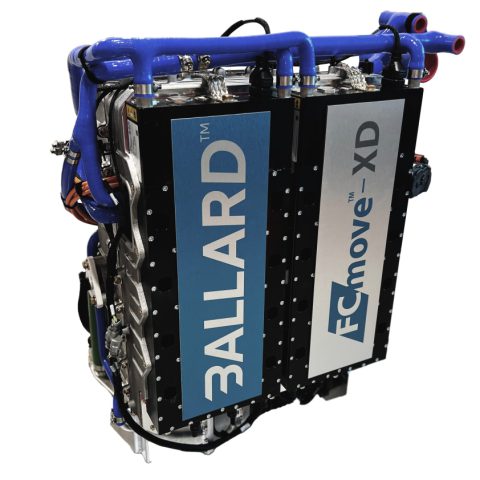
Canadian fuel cell manufacturer Ballard Power Systems has just announced a plan aimed at scaling production and reducing costs of its next generation proprietary bipolar plates, a key component of a fuel cell stack.
This project is the logical progression after Ballard completed two important milestones, such as the development of next generation, thin flexible graphite bipolar plates, and an expansion of membrane electrode assembly (MEA) manufacturing capacity in Canada. Bipolar plates are the next largest cost item in a fuel cell stack after MEAs, and Ballard expects the implementation of this project, including next generation plate manufacturing processes and the introduction of new lower cost material suppliers, to result in cost savings of up to 70%, following commissioning expected in late 2025.
Critical fuel cell components, according to Ballard
Graphite bipolar plates are the optimal choice for Ballard’s heavy-duty mobility markets as they offer long durability, re-usability at stack end-of-life, and high power density, while also offering the lowest plate cost at current and scaled volumes. The project is expected to increase Ballard’s plate manufacturing capacity by approximately 10 times while significantly improving graphite and resin material yield and reducing production takt times.
“We’re thrilled to announce a project that delivers economic and environmental value for Ballard. Not only will we be able to reduce the cost of our bipolar plates and improve customer economics, but we will also consume far less energy, water, and material resources in the process,” said Mark Biznek, Ballard’s Chief Operating Officer. “This investment proves Ballard’s innovation in manufacturing technology, in addition to our demonstrated excellence in fuel cell technology innovation and commitment to ESG initiatives.”










